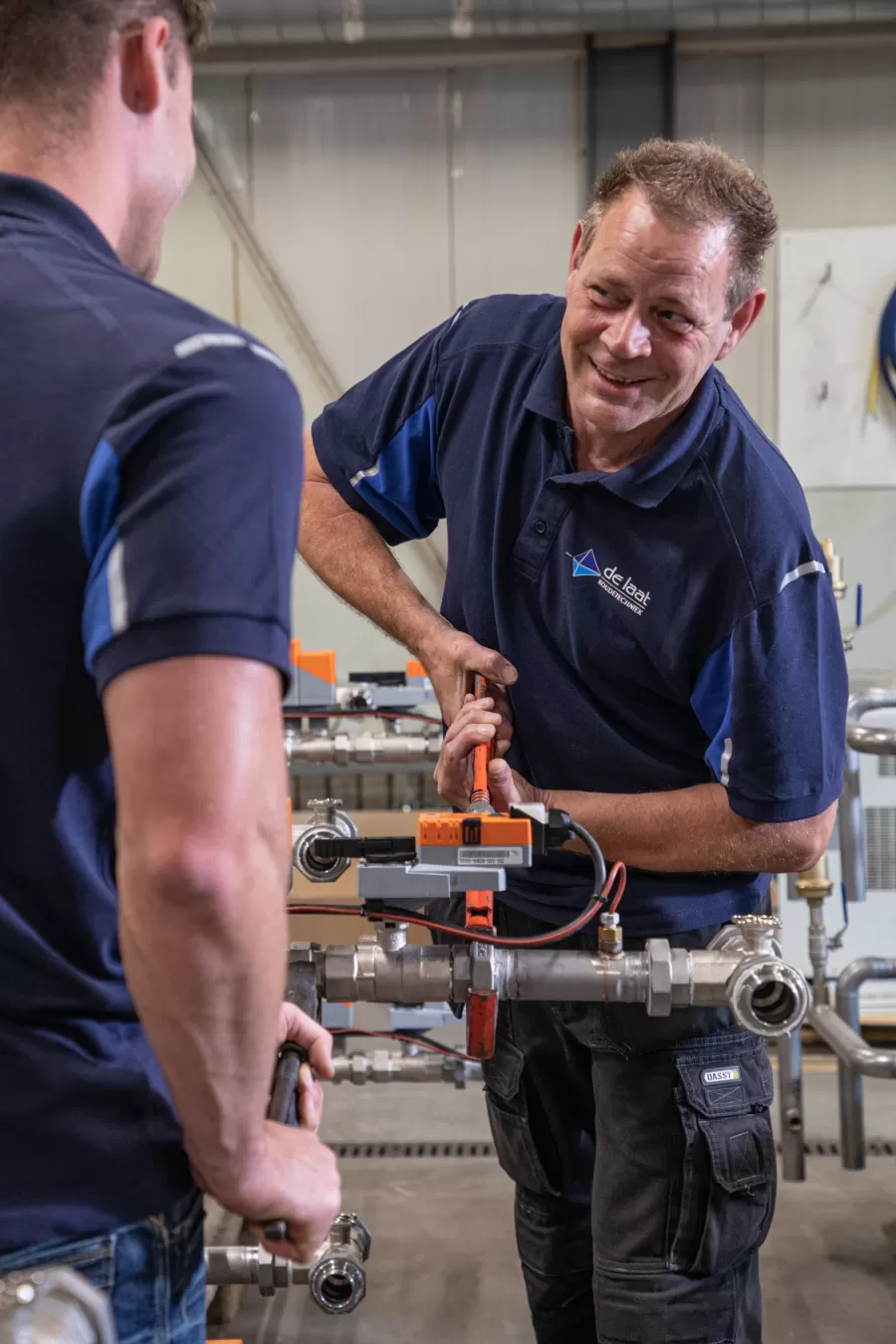
Ripening and cooling systems are often used for the storage of perishable foods. These types of foods are either prepacked (such as meat, fish, and processed foods) or unpacked (such as many sorts of vegetables and fruits). There are two very important reasons to regularly clean ripening and cooling systems properly:
All the above products are stored in ripening and cooling systems, which, using the right temperature management, can be consumed at a particular, desired moment in time. Besides, the packaging of these products can serve as a way to prevent oxygen from entering the products.
During the time that these foods are stored in the conditioned rooms of ripening and/or cooling systems, it is extremely harmful for them to be affected by bacteria or fungi. As cooling systems are usually supported by air circulation in order to ensure a smooth and equal distribution, any possible bacteria and/or fungi present are able to quickly and easily move themselves from one place to another. Therefore, proper hygiene of these conditioned rooms is of extreme importance. In order to guarantee this, regular cleaning is essential.
Apart from bacteria and fungi, vegetables and fruits are living products: they respire and while doing that, release moisture. This moisture condensates upon the cooling block because of its low temperature. When dust is present in the conditioned room, and this dust is being carried into the circulating air, there is a real possibility that the dust is captured in the condensed water on the fins of the cooling block. If this phenomenon happens over a longer period of time, a thin build-up of deposits will be formed upon the fins.
The above prevents the cooling system to work optimally; the transfer of heat and the air circulation are being hindered. By cleaning properly and regularly, the cooling system will be able to function efficiently, which also leads to a lower energy consumption, and thus a lower energy bill.
When cleaning cooling and ripening systems, please note the following:

Finally, it is important to highlight the importance of not only cleaning the cooling and ripening rooms, but also the condenser outside of the building. This is essential because there is also a heat transfer (from the cooling system to the ambient air) which is increased in effectiveness by an active flow of air past it.
This is especially crucial in spring, when lots of blossoms and plush is flying through the air, which are being sucked towards the condenser. When the sucked in blossoms and fluff gets wet, it can become a solid, dense substance, making it difficult, if not impossible, for air to pass through. This means the entire cooling installation has to work harder to evacuate the removed heat.
In short: cleaning a cooling or ripening system is essential and will, in the long run, save you a lot of energy, costs, and time. This is due to a lower energy bill and lower maintenance costs. Enough reason to clean these systems regularly! Because preventing is better than curing.
Do you have any questions on (properly) cleaning your cooling or ripening system? Please contact De Laat Koudetechniek. Our experts are ready to help and advise you in any way possible.